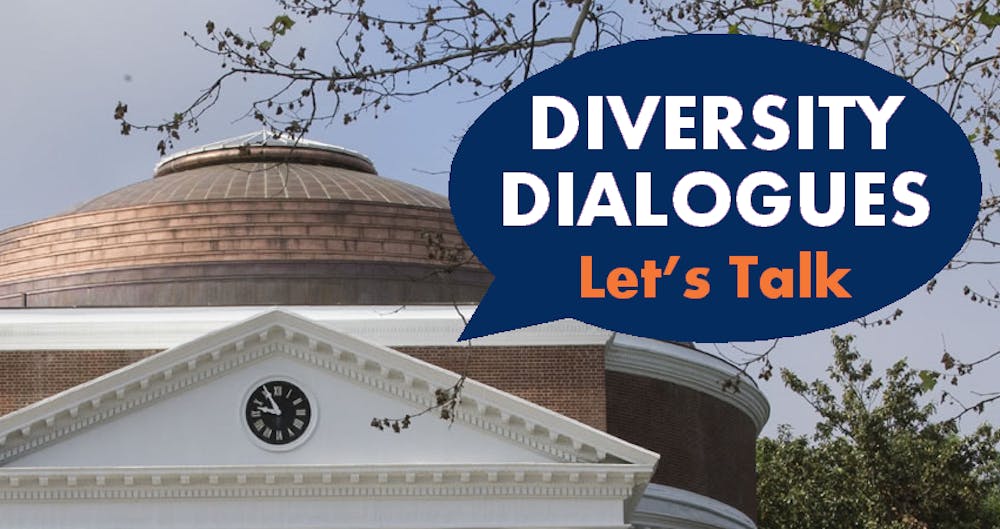A workshop called “Diversity Dialogues” will be held at the University Nov. 5 and Nov. 6 in an effort to influence student attitudes about diversity on Grounds.
The event is co-sponsored by a total of 11 offices around Grounds, including the Office of the Vice President and Chief Officer for Diversity and Equity, Counseling and Psychological Services, the Center for Teaching Excellence, the Frank Batten School of Leadership and Public Policy, and the School of Nursing.
The workshop will begin with a discussion of implicit attitudes and how to combat the shame and blame which often occurs when conversations about diversity issues arise. The discussion will be led by CAPS Assistant Director Andrea Iglesias and Glenda Russell, a psychologist in Colorado who specializes in LGBT history.
After the discussion, the workshop will hold breakout sessions. Some of the topics for these sessions include multicultural fluency, mentoring students from diverse backgrounds and disability awareness and tips for accessibility allies.
Kristin Morgan, director of University and Community Relations and Development and one of the co-chairs on the planning committee, said arrangements for the event began approximately six months ago. The planning process intensified in August.
The idea for Diversity Dialogues began when an ongoing discussion occurred in the Office of Diversity and Equity, Morgan said. The office invited Iglesias to join the conversation, and development for the workshop insued.
The event will have space for 270 people on the first day of the workshop and 128 people on the second day. The planning committee has been taking measures to ensure that this audience is diverse.
“We held two planning meetings and invited over 80 student leaders from a broad range of student groups to participate,” Morgan said.
The workshop will also be promoted through social media and e-newsletters. A student filmmaker plans to interview undergraduates about the event to ask them why they believe the dialogues are important and why they are participating, Morgan said.
The event planners hope to attract a broad spectrum of University community members to the event to increase communication across different groups, Morgan said.
“Our hope is that participants will develop a common language and strategies for addressing stigma and oppression at a personal, interpersonal, institutional, and climate level to create real change,” Morgan said.







